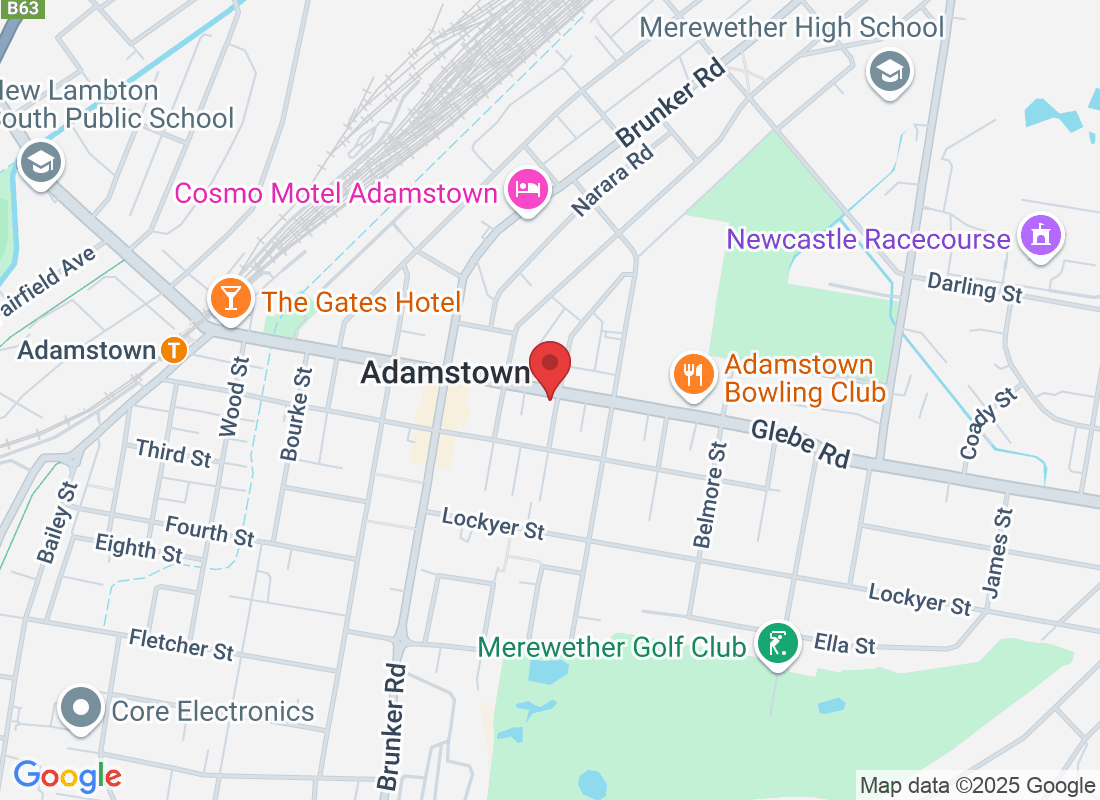
Is Dry Needling Painful? Addressing Common Myths and Concerns
Dry needling is becoming an increasingly popular treatment for muscle pain, tension, and mobility issues, but one of the biggest concerns people have before trying it is: "Does it hurt?"
It’s understandable—after all, the idea of having thin needles inserted into tight muscles can sound a little intimidating. But the reality is that dry needling is often far less uncomfortable than people expect, and for many, the relief it provides outweighs any momentary discomfort.
In this blog, we’ll address common myths about dry needling, what it really feels like, and what you can expect from the experience.
Understanding Dry Needling
Dry needling is a technique used to release tight muscles, improve movement, and reduce pain. It involves inserting very thin, sterile needles into trigger points—knotted or tense areas within muscles. These points can contribute to discomfort, stiffness, and restricted movement.
Unlike acupuncture, which is based on traditional Chinese medicine, dry needling is rooted in modern musculoskeletal therapy. It focuses on directly targeting muscle dysfunction and movement limitations, making it a great tool for athletes, individuals recovering from injuries, or anyone dealing with chronic muscle tightness.
Myth #1: Dry Needling Is Extremely Painful
Reality: Sensations Vary, but It’s Usually Mild and Tolerable
The most common concern people have is whether dry needling is painful. The truth is that it depends on the individual, the area being treated, and the level of muscle tightness.
Most people describe the sensation as:
✔️ A mild ache when the needle enters the muscle.
✔️ A twitch response, which feels like a brief cramp.
✔️ A release of tension, often followed by a feeling of relief.
The twitch response is a key sign that the treatment is working. It’s the muscle’s way of resetting and relaxing, which can immediately reduce tightness. Some people feel this response strongly, while others barely notice it.
Myth #2: Dry Needling and Acupuncture Feel the Same
Reality: Dry Needling Targets Deeper Muscles, So It Feels Different
Although both techniques use thin needles, the experience of dry needling vs. acupuncture is quite different.
Acupuncture is designed to stimulate energy flow (Qi) and is often more superficial, with the needles placed at specific meridian points on the body. The sensation is usually light and calming.
Dry needling, on the other hand, is more focused on muscle function and pain relief. The needles go directly into trigger points and tight bands of muscle, which may cause an initial twitch or deep ache but leads to relaxation of the area.
If you’ve had acupuncture before and found it comfortable, you may experience a slightly stronger sensation with dry needling, but it is typically well tolerated.
Myth #3: The Pain Lingers for Days After a Session
Reality: Mild Soreness Is Common but Short-Lived
After a dry needling session, some people experience mild muscle soreness, similar to how you might feel after a good workout. This sensation typically lasts 24-48 hours and is a sign that the muscle is healing and regaining normal function.
You can reduce soreness by:
✔️ Drinking plenty of water to help flush out muscle waste.
✔️ Gentle stretching to keep the muscles moving.
✔️ Using heat or ice depending on what feels best for your body.
Unlike deep tissue massage, which can cause bruising or prolonged soreness, dry needling does not cause lasting discomfort—most people feel significant relief within a couple of days.
Myth #4: Dry Needling Only Works for Chronic Pain
Reality: It’s Beneficial for Both Acute and Long-Term Issues
While dry needling is great for chronic muscle tightness, it’s also highly effective for acute injuries like:
✔️ Sports injuries (such as muscle strains).
✔️ Postural tension from sitting too long.
✔️ Muscle recovery after intense physical activity.
By releasing tight areas early, dry needling prevents small problems from becoming bigger ones. Many people use it as a preventative tool to keep their muscles functioning optimally.
Myth #5: Dry Needling Doesn’t Actually Work
Reality: Research and Clinical Evidence Support Its Effectiveness
Some people assume dry needling is just a trend, but research supports its benefits. Studies have shown that dry needling can:
✔️ Reduce muscle tightness and improve flexibility.
✔️ Help decrease pain signals in the nervous system.
✔️ Enhance blood flow and promote healing.
Many people experience immediate relief after just one session, while others see gradual improvement over multiple treatments. The key is consistency and combining it with movement-based therapy for long-term results.
What to Expect If You Try Dry Needling
If you’re considering dry needling but feel nervous, knowing what to expect can help ease concerns:
1️⃣ The Assessment: A physiotherapist will evaluate your movement and pinpoint tight areas.
2️⃣ The Treatment: Thin needles will be inserted into trigger points. You may feel a twitch response, but it lasts only seconds.
3️⃣ The Recovery: You might feel mild soreness for a day, followed by noticeable relief in muscle tension and mobility.
4️⃣ The Results: Many people feel lighter, looser, and more mobile shortly after treatment.
Final Thoughts
Dry needling is not as painful as many people fear, and in most cases, the temporary discomfort is minimal compared to the long-term relief it provides. If you’re struggling with muscle tightness, tension headaches, or mobility restrictions, dry needling could be a great addition to your recovery plan.
If you’re unsure whether it’s right for you, consider giving it a try with a trained professional—you might be surprised by how much better you feel!



